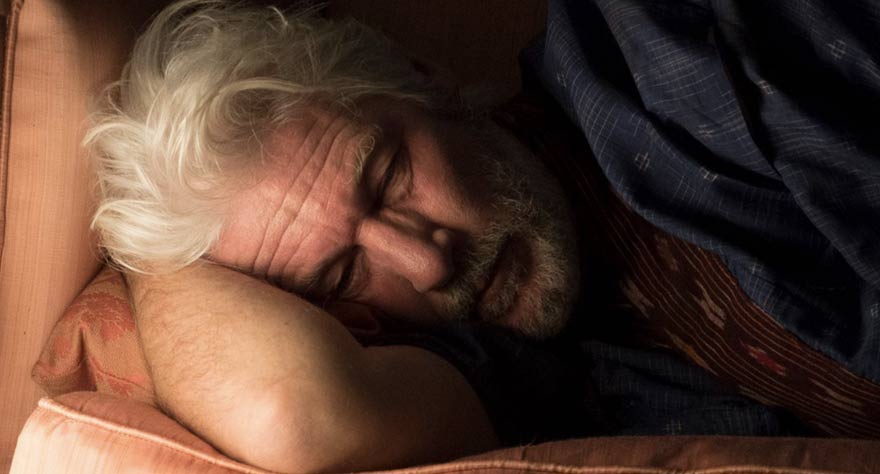
Richard Gere as a wealthy addict tries to buy love and viewers' hearts in vain.

Richard Gere as a wealthy addict tries to buy love and viewers' hearts in vain.
If Blockbuster still existed (R.I.P.), Andrew Renzi’s Franny would be the equivalent of picking a family friendly VHS with a cover featuring an audacious aristocrat who looks amusingly like he’s about to learn a thing or two about what really matters in life, only to get home, stick it in the VHS player and discover you’ve actually gotten a film about a drug addict that happens to have money. A little jarring to say the least. Insert a score that would actually fit that fun-loving aristocrat comedy and feels ridiculously out-of-place in this more serious character study and the film feels like it has the cinematic equivalent of body dysmorphia.
Beginning with Dakota Fanning’s Olivia preparing to go off to college as her parents lay down the final decisions on the children’s hospital they are founding with their longtime friend Franny (Richard Gere), things are of course a little too happy to last. And they don’t, almost immediately Franny and her parents get into a horrific car accident that results in Olivia’s parents dying. Flash forward five years and Franny, also injured in the crash, lives a secluded life of luxury, maintained by a morphine addiction that mellows him out enough to at least sometimes hang out with the children at his hospital. Olivia calls from out of the blue one day. She’s married, she’s pregnant, and her doctor husband needs a job. As much addicted to philanthropy as he is morphine, Franny is more than happy to find Luke (Theo James) a position at his hospital.
Upon returning to Philadelphia, Olivia tries to pick up with Franny, guilty about having left when she did, distraught by her own grief. Franny is thrilled to have Poodles (as he calls her) back in his life, and eager to recreate the relationship he had with her parents, he begins to deluge the young couple with gifts. Franny’s morphine addiction catches up to him as quickly as the reality of him not being able to recreate the past does as well.
Mood-wise, the film is all over the place. The music tries to capture Franny’s wealth and pomp but seems to have missed the note that he’s also a crazed drug addict. A couple skin-crawling moments of drug addiction keeps things feeling uneasy. Fanning is barely given lines in the film, let alone a character, so it’s no surprise that what should be the driving relationship of the film ends up as lip service and static. Instead Renzi (who takes his first foray into drama with this film, and also wrote it) focuses on Luke and Franny’s strange power-play bromance.
Whether he’s in denial of his own place in life, Gere weirdly comes across as a younger actor trying to play an older man. He’s got the rich eccentric thing, but not enough of the world-weariness. James is probably the strongest performance of the film, but it’s a little too easy to see his Insurgent bad-boy at play, not enough softness with Olivia to even things out. Fanning’s constant wide-eyes and warm voice make Olivia likable, but she’s shortchanged in the writing and thus underutilized.
Franny clearly wants to be a great many things. Heartwarming, emotional, a character study, and an acting platform; it takes two hours to come to a conclusion that would take two minutes in reality. If only more of Franny’s outgoing wealth-induced charm felt real it may have tipped the scale toward an enjoyable film, but in the end the pity one feels leaving the theater is likely to be geared more toward their own wasted time then to anything happening to the characters.